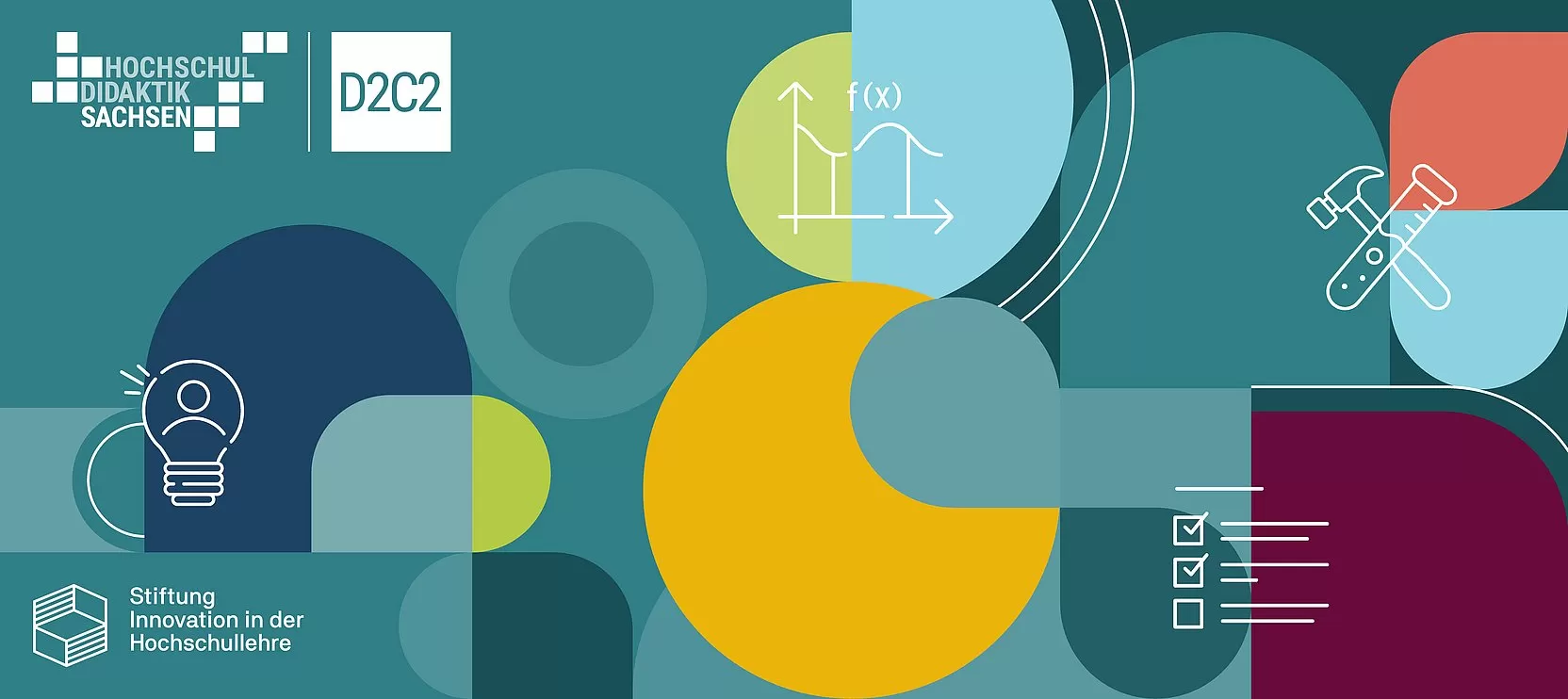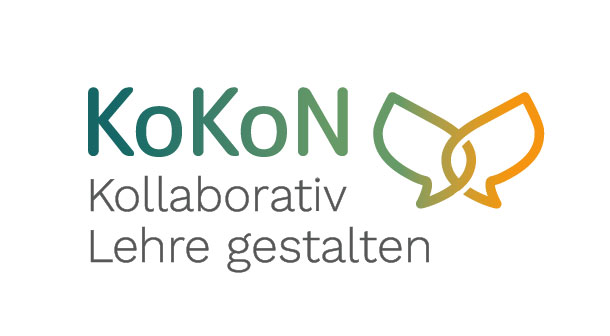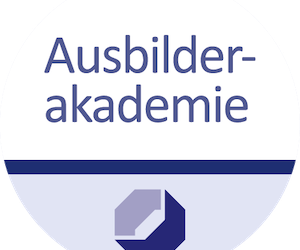What has Corona taught us? – D2C2 examines digital testing at universities

Digital testing – i.e. conducting exams using digital tools – is not entirely new but since Corona it has become more relevant than ever for universities and their students. What are the aspects, topics and needs in this regard?
What developments will digital testing take in the future and what is the examination culture like at Saxon universities in general? A working group of the joint project “D2C2 – Participatory Implementation of Digitalization in Disciplines :: Competencies Connected” is addressing these questions.
As part of a Delphi survey, various actors from Saxon universities and the Saxony University of Cooperative Education who are involved in the legal, didactic, technical and organizational design of examinations were questioned. The results clearly show: whether digital or not, examinations are a topic that opens up many areas of tension - legal conditions, infrastructural equipment, technical support, diversity sensitivity and competence orientation. In addition - this is the conclusion - examinations cannot be viewed independently of the fundamental orientation of the entire university teaching.
Examining at universities from different perspectives
The Saxony-wide Joint project D2C2 is from the Foundation for Innovation in Higher Education and covers numerous aspects of the digitization of teaching at Saxon universities. The aim of the overall project is to develop solutions for current challenges and to implement them in a subject-specific manner. The Digital Turning Point: Digital Examination initially aimed to identify and clearly outline these challenges in relation to examinations. To this end, a Delphi study was conducted among people who are involved in examinations at universities at various levels: vice-rectors, deans, deans of studies, heads of institutes, legal advisors, examination boards, administrative staff, technical staff, student representatives or student councils. This made it possible to examine the subject area from different perspectives: from the didactic conception and the legal framework under which examinations are held to organizational conditions and requirements as well as the technical equipment required to conduct digital examinations. The Delphi survey method made it possible to explore this complex subject area over three rounds of surveys. First, the perceived situation and an assessment of future developments were recorded, evaluated using content analysis, and then the free-text answers were condensed into statements. In a second round of questioning, the respondents were able to indicate whether they agreed or disagreed with these statements. Finally, the data was summarized into ten conclusions and these were presented to the respondents again.
All of these details, reactions and comments were included in the evaluation and now offer a multi-perspective picture of digital testing at Saxon universities.
Where are the areas of tension?
The field of digital testing is complex. The results have shown us this impressively. Location- and subject-specific circumstances lead to partially contradictory statements. For example, the technical infrastructure at the various universities is developed differently, which results in different needs. Furthermore, there are different understandings regarding the didactic design of competency-based examinations in different subjects and thus also a different assessment of the extent to which concrete
Examination scenarios are possible digitally. In addition, there are also aspects of examination organization and planning that respondents assess in a similar way. For example, the exchange between the various actors is highlighted as extremely important and there is uncertainty regarding certain legal conditions and requirements. Our results can be presented in the form of several areas of tension that include different aspects of digital examinations: In which areas do legal provisions need to be adapted? What does a "new" examination culture look like that takes up the changes and approaches of innovative examination forms from the pandemic period? Which competencies should be considered across subjects and locations? What would an examination look like in whose conception and implementation students not only participate as examinees? These areas of tension were presented to the participants in the form of conclusions and asked for a response. The evaluation shows that some conclusions are met with great approval: There was agreement that infrastructures for the conception and implementation of different examination formats must be in place. In addition, criteria for digital tools in university teaching should be formulated and adhered to, and further training in university didactics with a focus on examination didactics should be implemented for teachers. A more diverse mood emerged with regard to the statements that emergency regulations must be converted into modern, sustainable structures, that a new form of cooperation between teachers and students is necessary for a modern examination practice, and that more attention should be paid to removing barriers and promoting equal opportunities within examination practice.
You will receive a detailed insight into the results of the survey with all the areas of tension and the conclusions drawn from them here.
Where are we going?
Is it just a selective perception or a fact that many teachers are going back to “analog” examinations? How does a didactically sensible, organizationally feasible and sustainable (digital) examination practice work at a digitized university? – As mentioned at the beginning, this can only be answered in the context of university teaching as a whole.
As part of the Digital Turning Points: Digital Examination, the identified change processes are accompanied by short information events on the needs identified. The event will be kicked off by lawyer Prof. Dr. Escher-Weingart from the University of Hohenheim. Under the title "Between legal certainty and academic freedom: conceptual clarity as a prerequisite for digital, competency-oriented examinations", we will not only address important basic concepts of examination law, but will also benefit from her many years of experience on the examination board and gain an insight into the possibilities for developing structures for contemporary university teaching.
When? 19.09.2023 – 13:00 – 14:30
Where? https://www.hd-sachsen.de/projekte/d2c2/digital-turning-points#c3366
contact
Marie-Theres Lewe, University Didactics Saxony (HDS), University of Leipzig
Email: marie-theres.lewe@hd-sachsen.de
Tobias Weber, Center for Open Digital Innovation and Participation (CODIP), TU Dresden
Email: tobias.weber1@tu-dresden.de
Further information and links
Digital Turning Point website: Digital Testing
Author: Tobias Weber






